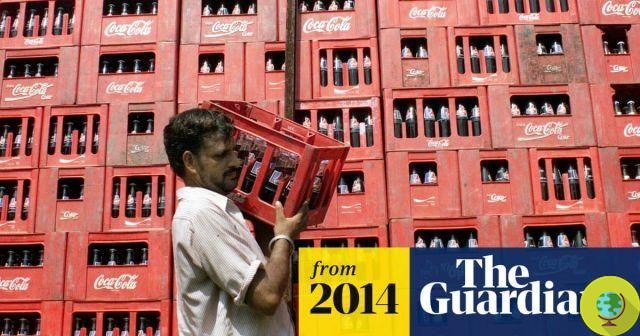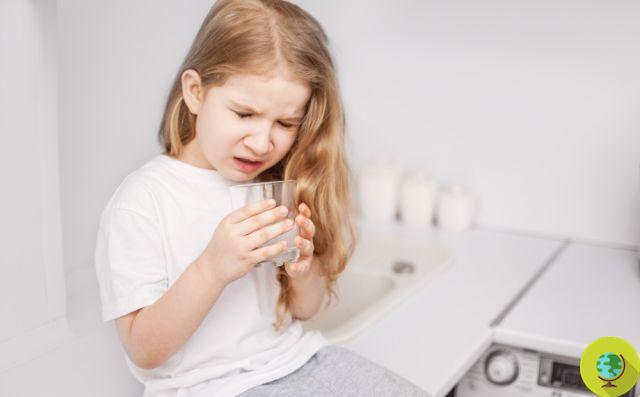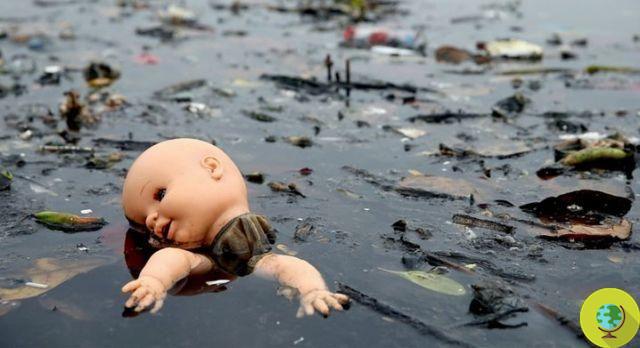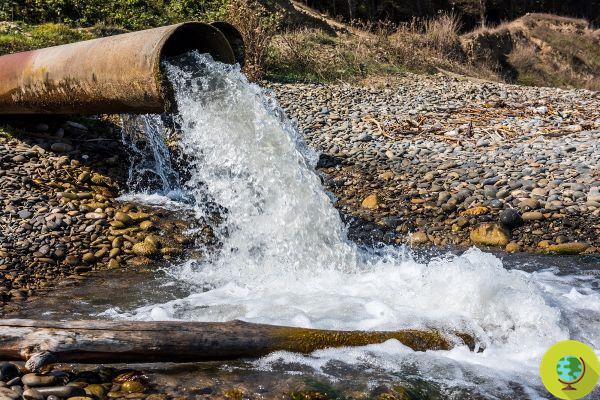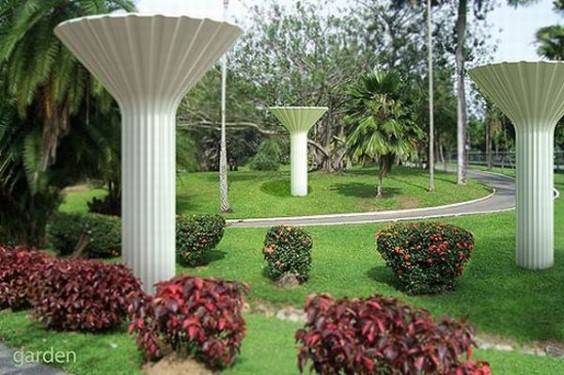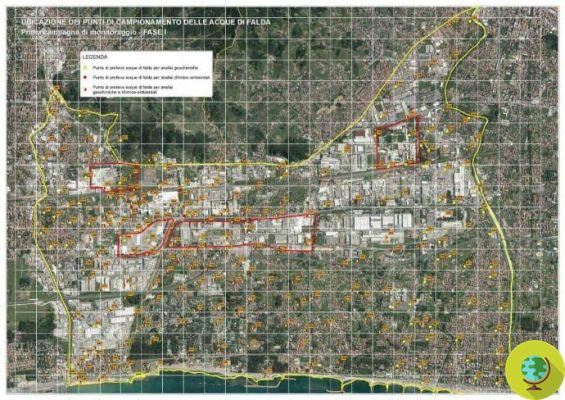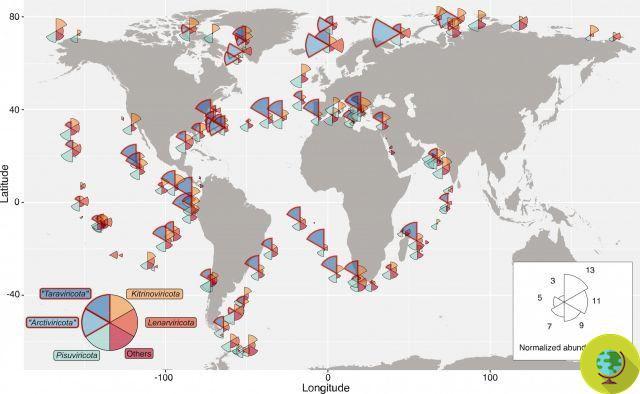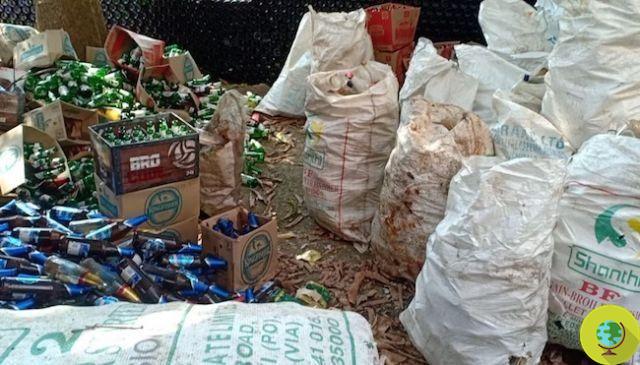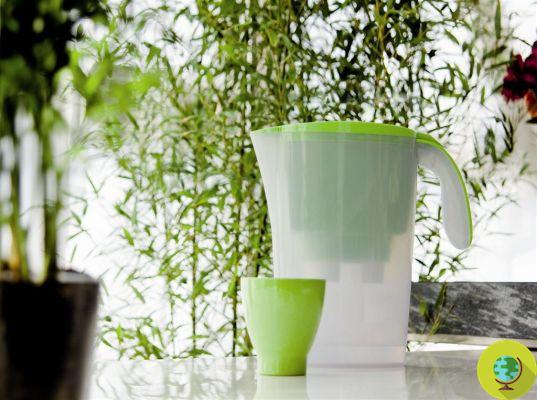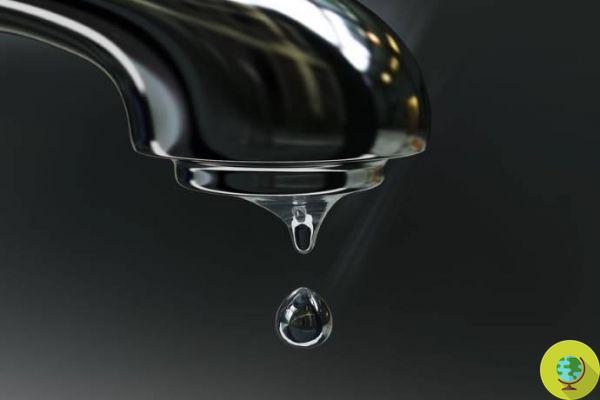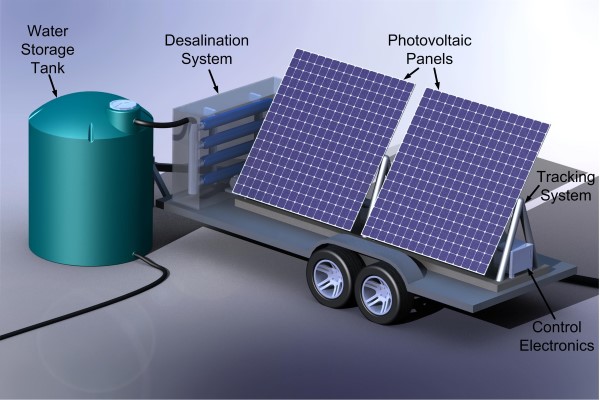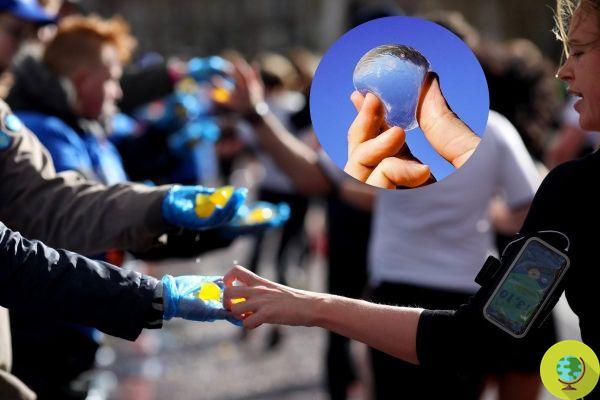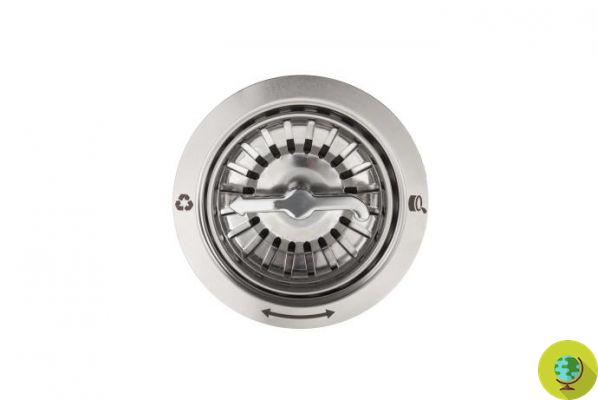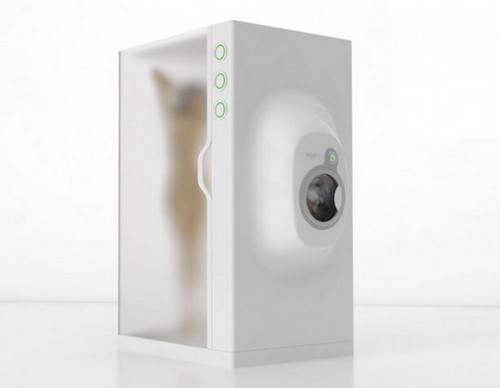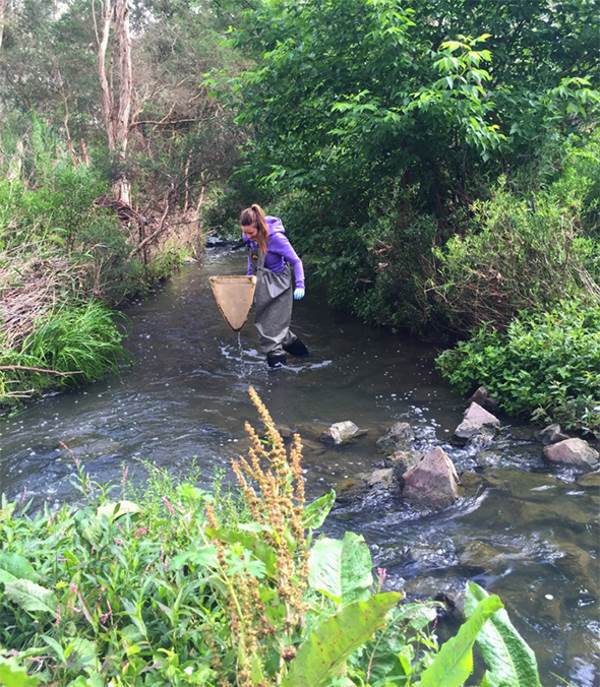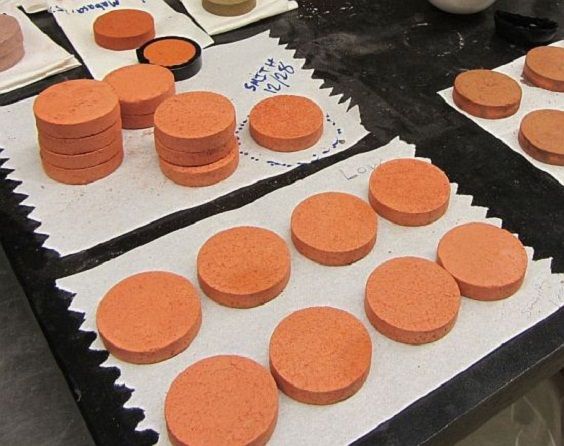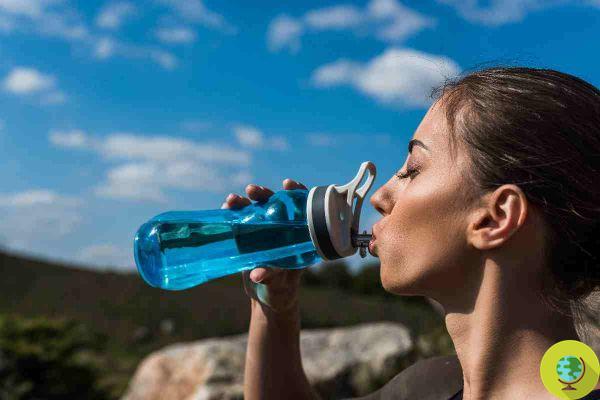
A new study has identified more than 400 toxic substances inside reusable plastic bottles that could migrate and contaminate the water they contain
He is about to end up run over, his mother saves himUno study analyzed the drinking water that had been in a plastic bottle for more than 24 hours. The analysis gave surprising results because more than 400 compounds and substances never found before and, some even very harmful to health.
A systematic review
Scientists used several types of reusable plastic sports bottles, including some marketed as biodegradable, and performed migration experiments over a 24-hour period at room temperature in tap water. Using liquid chromatography, they compared chemicals migrating from newly purchased but rinsed bottles, bottles used for a year, bottles that had been washed in the dishwasher (60 min, 65 ° C), as well as bottles thoroughly rinsed with cold water after washing dishes.
The research team was stunned to have found more than 400 compounds related to plastic, and more than 3500 after washing in the dishwasher. This is probably due to the fact that the dishwasher consumes the bottle and increases the possibility of transfer of substances from the plastic to the drinks. A comparison was also made with glass bottles, and what resulted was that dishwashing chemicals absorb plastic better than glass.
Most compounds identified were BPA, oligomers of plasticizers suspected to be from biodegradable polyester polycaprolactone, e aromatic amines. For used bottles, migrating chemicals were identified as plasticizers, antioxidants, and photoinitiators. THE photoinitiator have also been detected in paper straws and include Irgacure 369 (CAS 119313-12-1), known for its endocrine altering properties and for being highly carcinogenic and toxic for reproduction, 4-methylbenozofenone and anthraquinone also found to be carcinogenic.
In the reusable plastic bottles were also found softeners for plastic, antioxidants and various chemical agents such as dietiltoluamide (DEET). Hence the question of whether plastic bottles are suitable for reuse, especially when they are labeled as biodegradable plastic, as the study results suggest that plasticizers migrate more easily into drinking water. Consequently, although it is not yet possible to say for sure whether and how these substances in reusable bottles may affect our health, it is better to opt for stainless steel water bottles.
Follow us on Telegram | Instagram | Facebook | TikTok | Youtube
Photos: Science Direct
Could it be interesting for you:
- BPA: Bisphenol A passes into the placenta and could affect fetal brain development
- BPA: We are probably exposed to Bisphenol A a lot more than we always thought
- Stop to phthalates, BPA and endocrine disruptors: the European Parliament calls for a dividend in cosmetics, toys and food
- Even BPA-free plastic is bad for health: the shock study
- Traces of BPA in 86% of British teenagers
- Arsenic and BPA in baby food and formulated milk: the American shock study
- Aluminum and steel water bottles release traces of metals and phthalates. The new study
- Microplastics are also found in common bottled waters and flasks: the fault lies with the caps. I study




